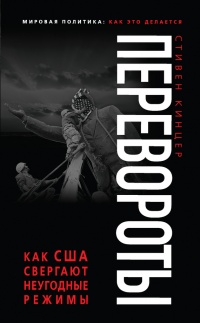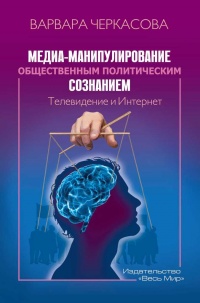Книга Интернет как иллюзия. Обратная сторона сети - Евгений Морозов
На нашем литературном портале можно бесплатно читать книгу Интернет как иллюзия. Обратная сторона сети - Евгений Морозов полная версия. Жанр: Книги / Политика. Онлайн библиотека дает возможность прочитать весь текст произведения на мобильном телефоне или десктопе даже без регистрации и СМС подтверждения на нашем сайте онлайн книг knizki.com.
Шрифт:
-
+
Интервал:
-
+
Закладка:
Сделать
Перейти на страницу:
Перейти на страницу:
Внимание!
Сайт сохраняет куки вашего браузера. Вы сможете в любой момент сделать закладку и продолжить прочтение книги «Интернет как иллюзия. Обратная сторона сети - Евгений Морозов», после закрытия браузера.
Книги схожие с книгой «Интернет как иллюзия. Обратная сторона сети - Евгений Морозов» от автора - Евгений Морозов:
Комментарии и отзывы (0) к книге "Интернет как иллюзия. Обратная сторона сети - Евгений Морозов"
























